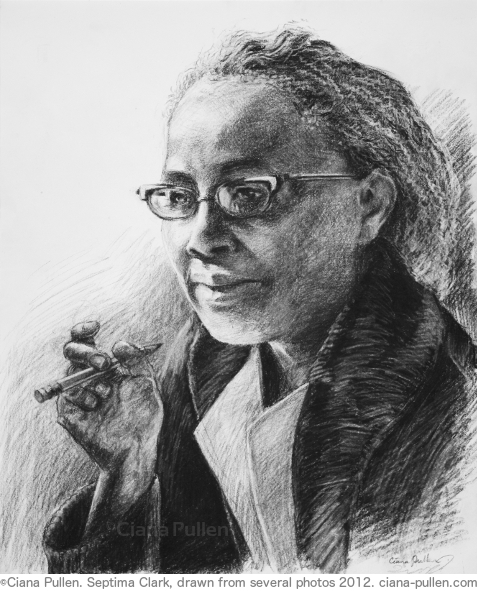
Civil rights legend Septima Poinsette Clark (1898 – 1987) began as a teacher in a small African American school on Johns Island near Charleston, SC. Because she was black she was not allowed to teach in Charleston, but while teaching in Johns Island she developed ways of using everyday materials such as catalogs to teach literacy. Outraged by massive discrepencies in pay and supplies for Black teachers and schools, Clark sued and won an important legal victory for Black educators to be eligible to be principals in any Charleston public school. In the extreme backlash that followed she was fired and ostracized by whites and apprehensive fellow Black educators. Because Jim Crow laws prevented illiterate citizens from voting, Clark began organizing short 1- and 2-week courses that were designed to be taught with minimal resources, often hidden in back rooms of shops because of the threat of racial violence, with the goal of passing voting literacy tests and setting foundations for communities to further their own learning. By 1969 Clark’s program helped to register over 700,000 people to vote, including Rosa Parks just months before the famous Montgomery Bus Boycott. Clark became the first woman appointed a leadership position in the Southern Christian Leadership Conference, but she would struggle with sexism from within the civil rights movement, speaking out against it and retiring from the organization in 1970. She then sued for back payment and pensions from her job with the Charleston Public School System and won, going on to serve two terms on the Charleston County School Board. She was awarded a Living Legacy Award by President Jimmy Carter in 1979. Portrait drawn from several photographs.
Ciana Pullen 2012